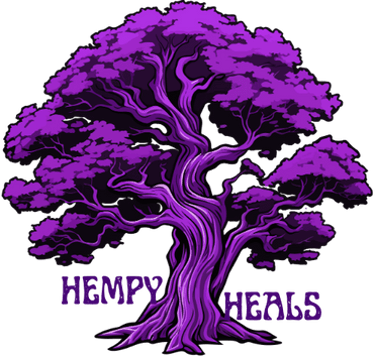The Power of Words: Holding Ourselves Accountable for the Impact of our Speech


In a world currently focused on the use of proper pronouns and heightened sensitivity towards certain terms, there's an urgent need to redirect attention to the broader issue of hurtful language. While discussions about gender pronouns rightly demand our consideration, the pervasive impact of all hurtful words often goes unnoticed. Beyond debates surrounding 'her,' 'they,' or 'she,' countless individuals suffer silently from the everyday words that aren't in the media's spotlight.
The well-worn adage "sticks and stones may break my bones, but words will never hurt me" has long perpetuated the misconception that physical harm surpasses the impact of verbal assaults. However, the reality is that words wield immense power, capable of inflicting deep and lasting wounds. As adults, we may assume we've outgrown the sensitivity to words experienced in childhood, but society remains entangled in a web of normalized and even celebrated hurtful language, both online and offline.
Amid discussions on freedom of speech, we must acknowledge the responsibility that accompanies this freedom. Words shape our world, influencing those around us, yet we often fail to grasp their profound impact. In an environment where negativity thrives, unchecked words contribute to toxicity, perpetuating stereotypes, deepening societal divisions, and inciting violence.
The danger of unchecked words goes beyond the immediate target, creating a culture that normalizes harmful behavior. By engaging in hateful speech, we perpetuate a cycle of harm, impacting individuals and perpetuating negative attitudes. It's crucial to recognize that our words shape not only individual lives but also the fabric of our society, reflecting our values, beliefs, and attitudes.
In conclusion, it's time to recognize the peril of unchecked words and hold ourselves accountable for their impact. By using language responsibly, cultivating self-awareness, and promoting empathy, we can contribute to a society where words uplift, inspire, and unite, transcending the limitations of media attention on specific pronouns.
Responsibility for our words demands mindfulness of their impact on others. This means choosing words carefully, considering potential consequences, and using language that fosters understanding, respect, and empathy. Cultivating self-awareness, educating ourselves about the power of words, and actively listening to others are vital steps in ensuring responsible language use.
Political leaders bear a significant responsibility in shaping public opinion and influencing policy decisions through their words. Constructive dialogue, respectful disagreement, and empathy should guide political discourse, fostering unity rather than division. As citizens, we must hold our leaders accountable for their words, demanding integrity and respect in political speech.






